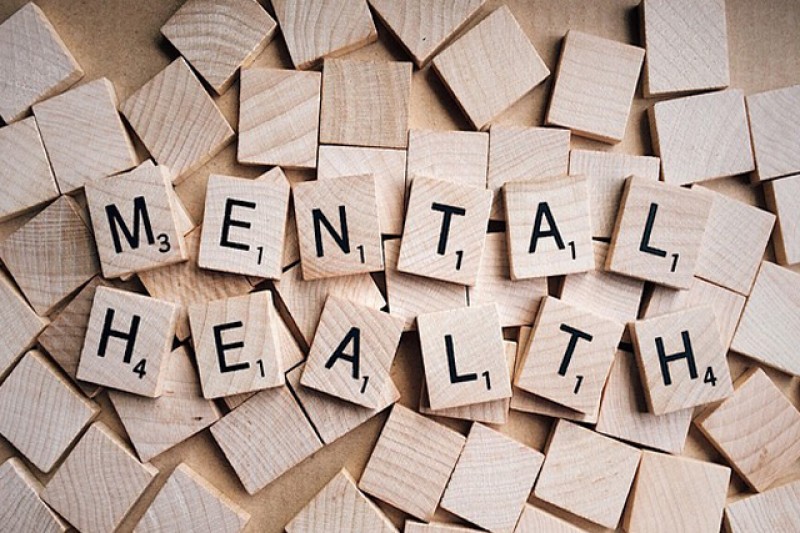Mental Health Professionals Also Need Counselling
Lenitame Motsokono | Monday December 18, 2017 18:44


In many situations these professionals are deemed as being immune to trauma because of their professional training.
But in real life, these professionals are affected by interacting with the people they help on a daily basis and become victims themselves just by hearing the horrific encounters their clients go through.
Now the question: To whom do these professionals turn to for help after being affected by the experiences of their clients?
This was a major question that was asked by Major Candrick Moremi, a social worker at the Botswana Defence Force (BDF) recently during the 16 Days of Activism Against Gender Based Violence (GBV) commemoration held at the Francistown Civic Centre.
According to Moremi, most people in the society are of the view that only victims of trauma need mental therapy forgetting that people who are administering that therapy are also affected by harrowing experiences they hear from their clients daily.
He said that it is imperative that aid is also provided to mental health professionals to help them deal with trauma.
A worried Moremi said in some cases, the professionals may turn into abusers because of their experience although not through their own will but because of their encounters with GBV victims.
To easily put his point across, Moremi gave as an example a doctor who contracts HIV after administering first aid to an HIV infected person.
He said the virus transmitted from the victim to the doctor-a situation similar to what mental health professionals encounter in their line of duty when dealing with their clients.
Two American professors of counselling and psychology at Chicago State University, Lindsay Bicknell-Hentges and John Lynch admit that mental health professionals also need counselling as a result of their encounters with victims of different forms of violence.
In their study titled Everything Counselors Need To Know About Treating Trauma, the duo said hearing or reading histories of trauma or abuse from their patients also affects the professionals.
They noted that when a client relates their trauma to professionals, internal images are created in the minds of the professionals, which can stimulate extreme feelings of compassion and result in indirect experiences of the real trauma.
The experts further explained that indirect traumatisation is the process whereby the experience of listening, observing, interacting and being exposed to traumatic materials affects an individual regardless of their profession. They said: “Professionals working with trauma victims become both the witness and at times participant to the commission of trauma.
As a result, professionals, like their clients, develop styles and ways of coping to protect themselves from repeated exposure to traumatic material”.
The horrific images portrayed by the client during their relaying of their experience may have a side effect on the professional and even last longer in their mind than the contact with the client.
Daily functions of the professionals such as enjoyment, pleasure and even sex can be interfered with, said Bicknell-Hentges and Lynch.
“When clients relay encounters that are similar to those that have been experienced by the professional, the professional may develop deep feelings during the conversation however this is not the same with professionals who have not had a history of trauma.”
They do not develop protective response to trauma, which may intensify their reactions to traumatic materials, the experts added.
Bicknell-Hentges and Lynch recommend that professionals also need to get help and one of the ways they can use to overcome their trauma is to talk among themselves and also get advice and consultations.
They further urge professionals to set realistic goals and boundaries in their work and to be aware of their feelings and mood states and recognise when additional support or relief may be needed. A social work lecturer at the University of Botswana (UB) Kgomotso Jongman told The Monitor that without receiving necessary help, mental health professionals reach a point known as ‘burn out’.Burn out, Jongman said, is a state of chronic stress that leads to physical and emotional exhaustion.
Jongman added that in other countries, retreats are normally held for such professionals as a curative measure.
He stated that Botswana is still lagging behind in terms of facilitating such measures but they would really go a long way in helping mental health workers cope traumatic experiences they often go through.
